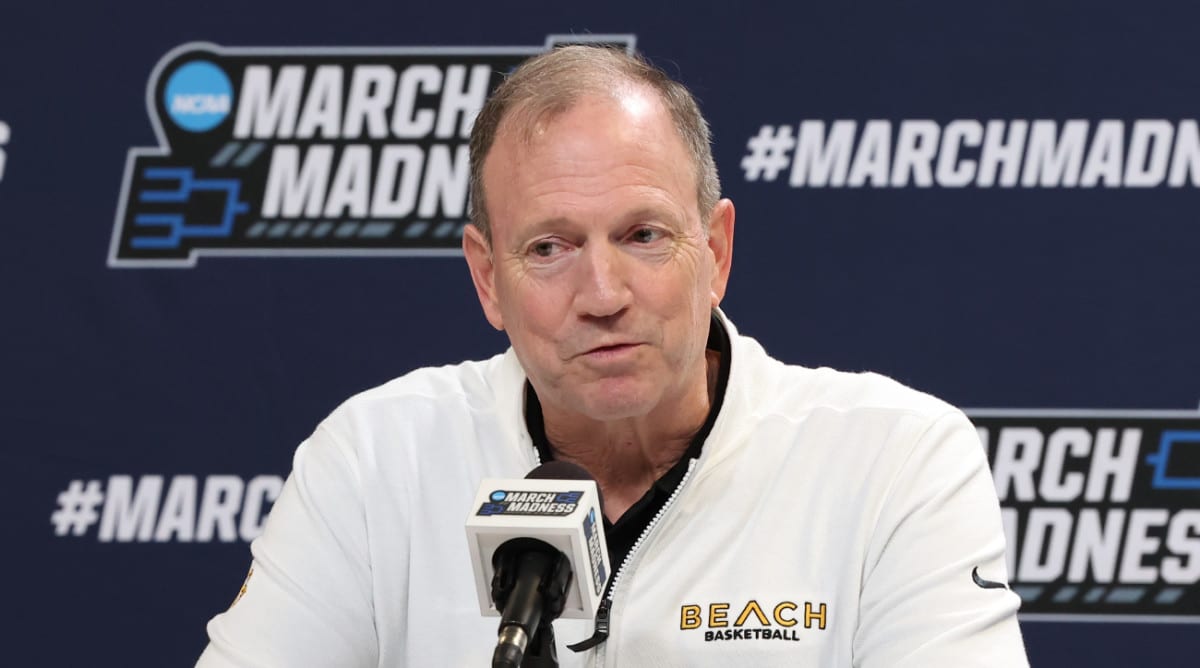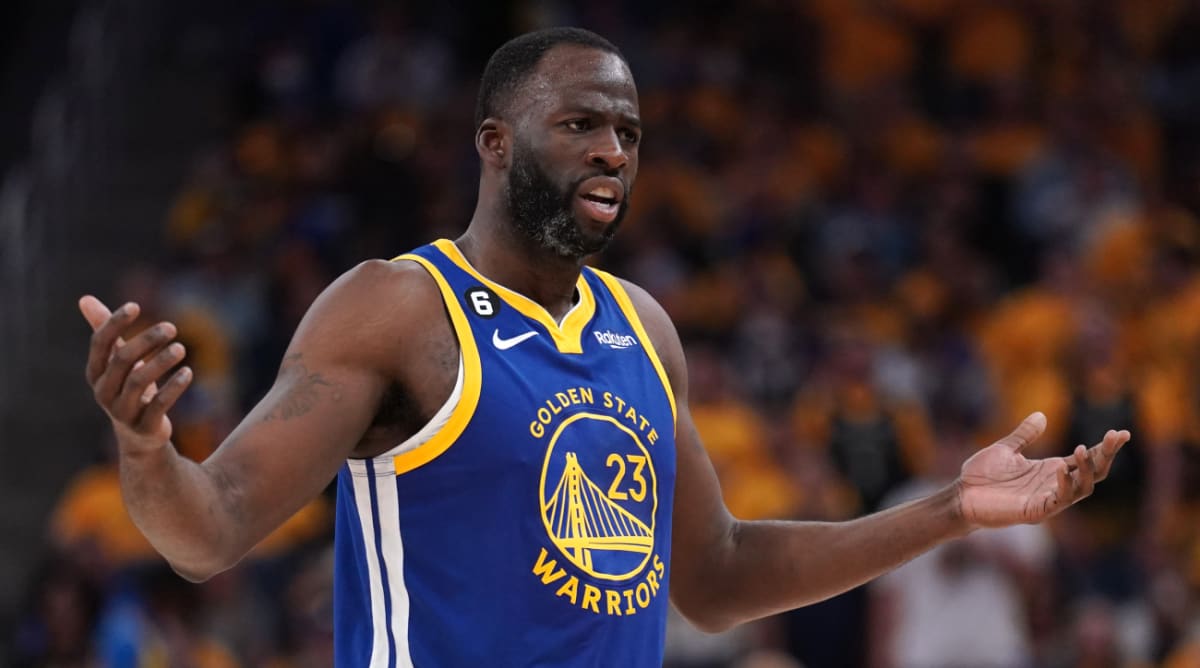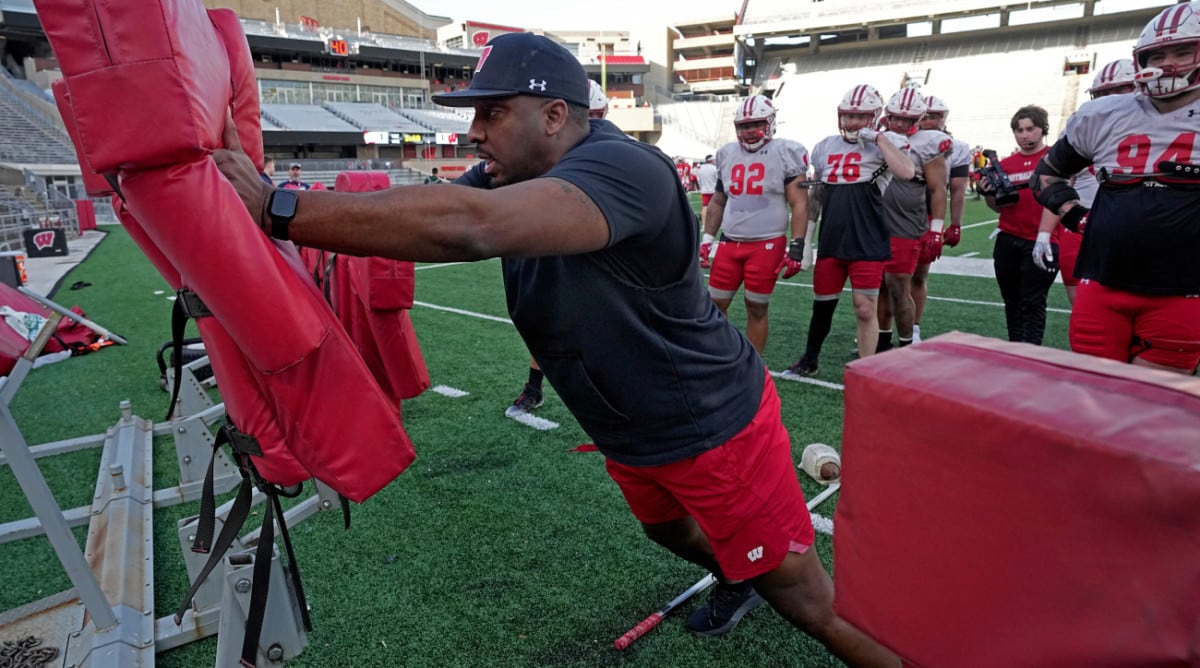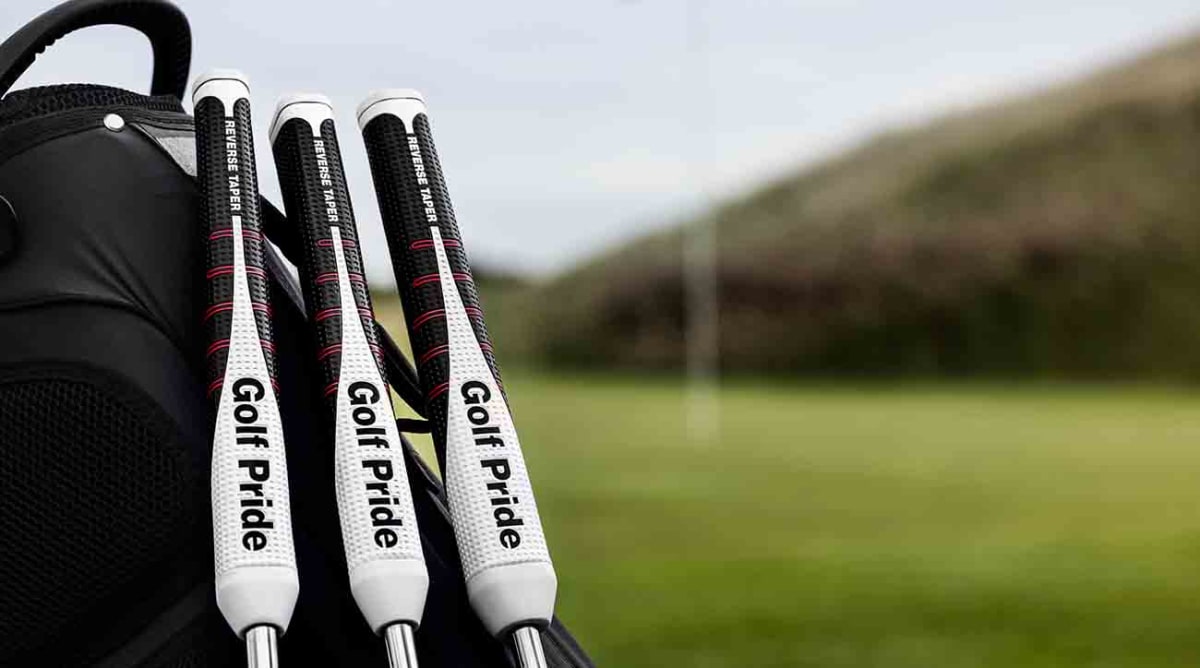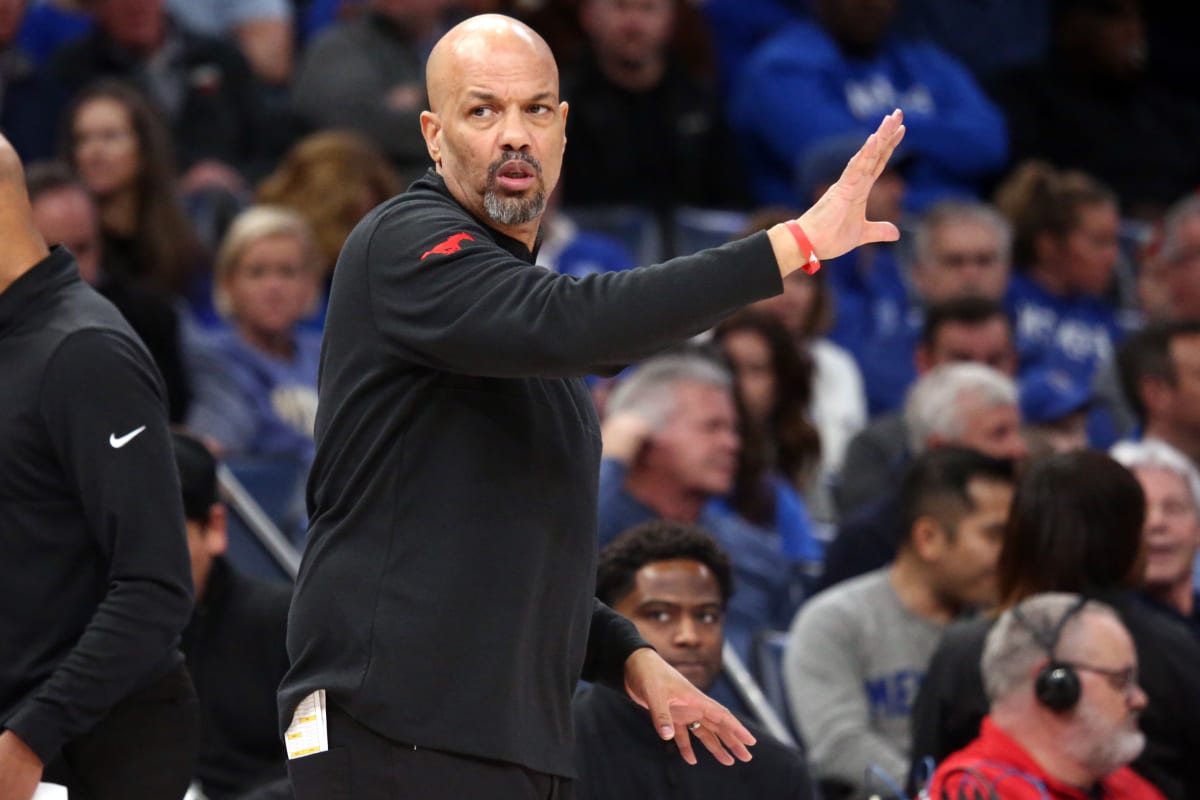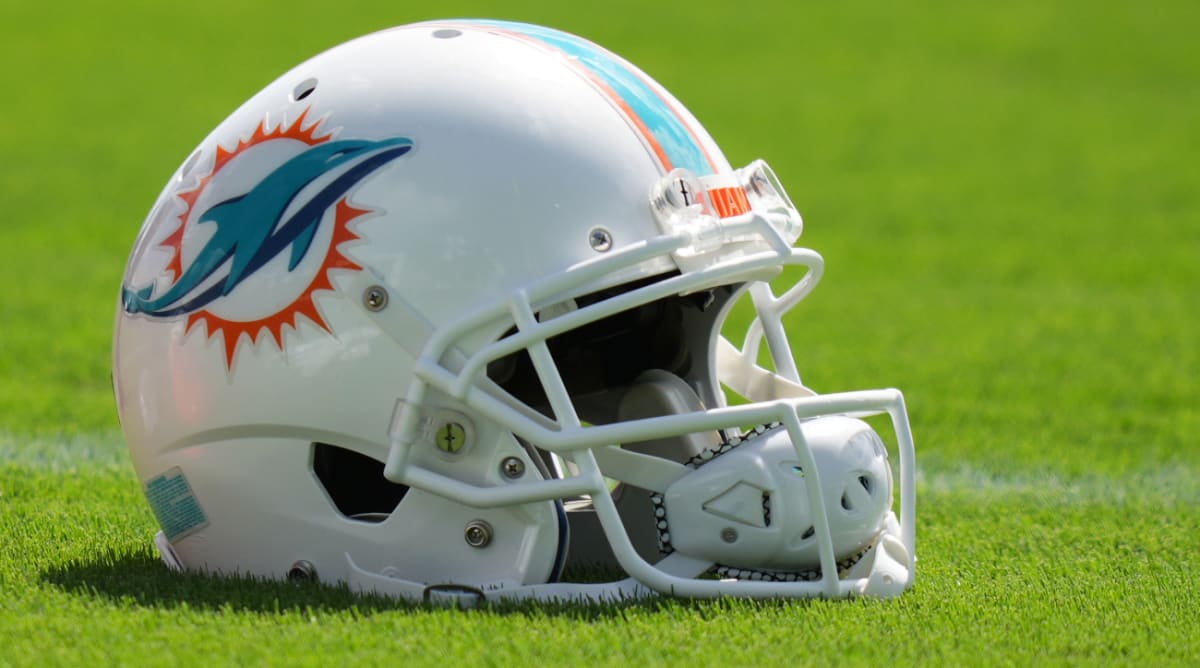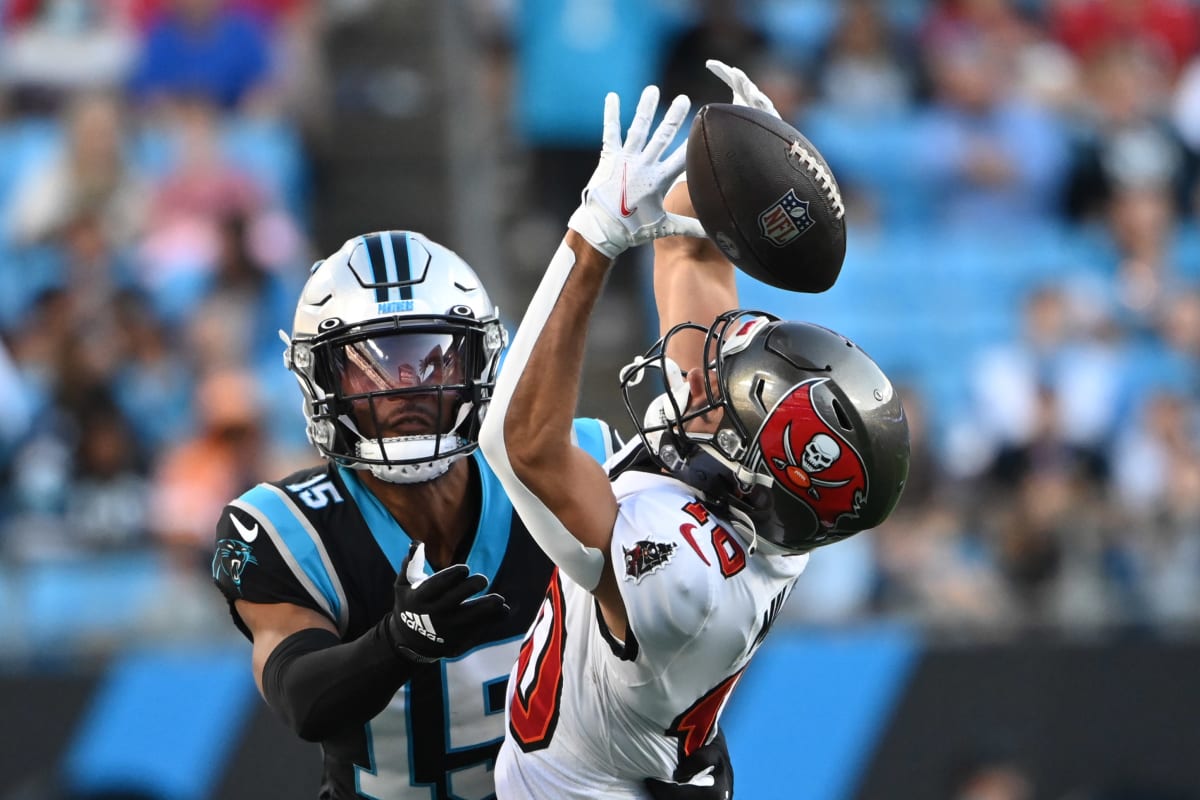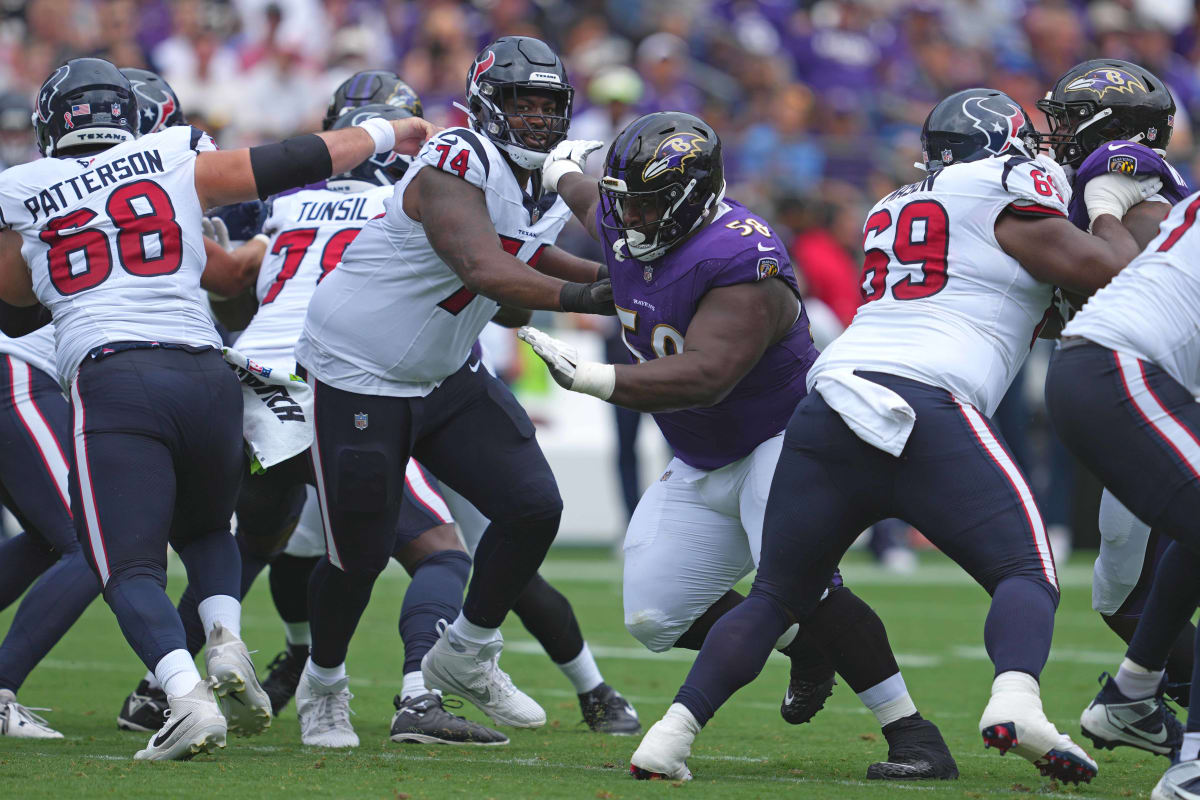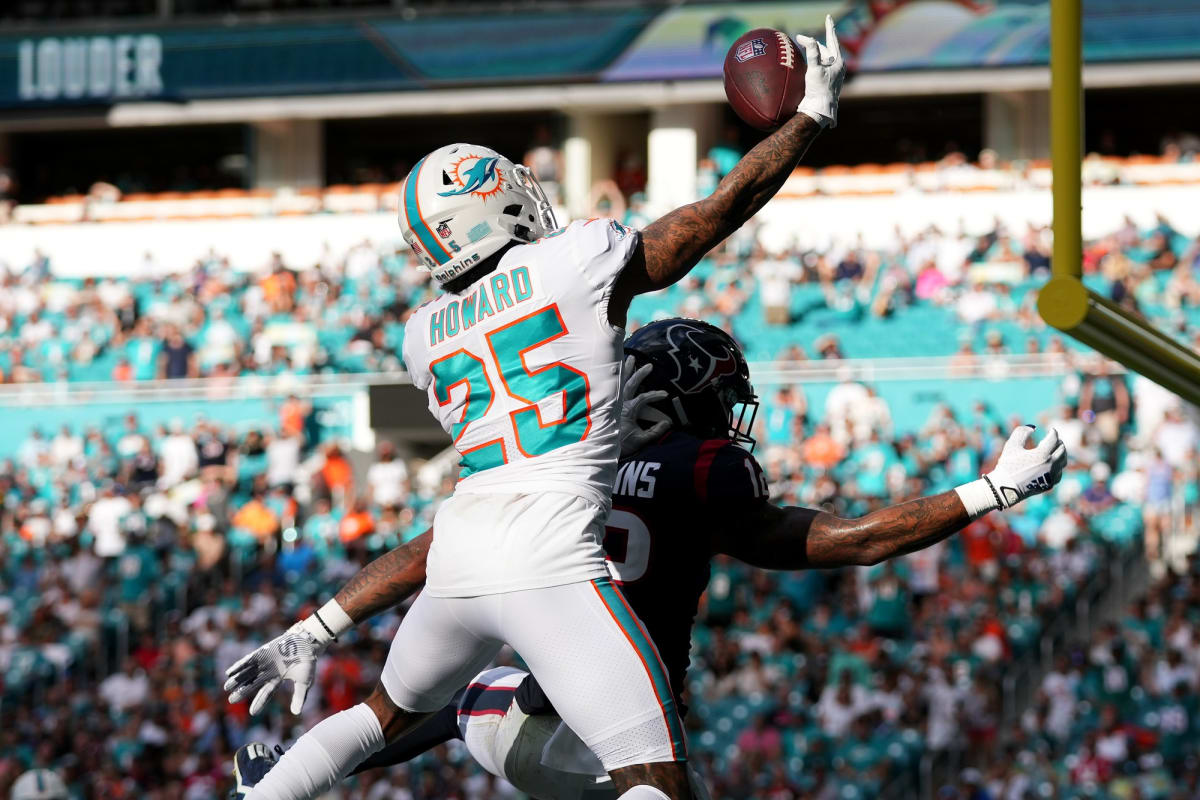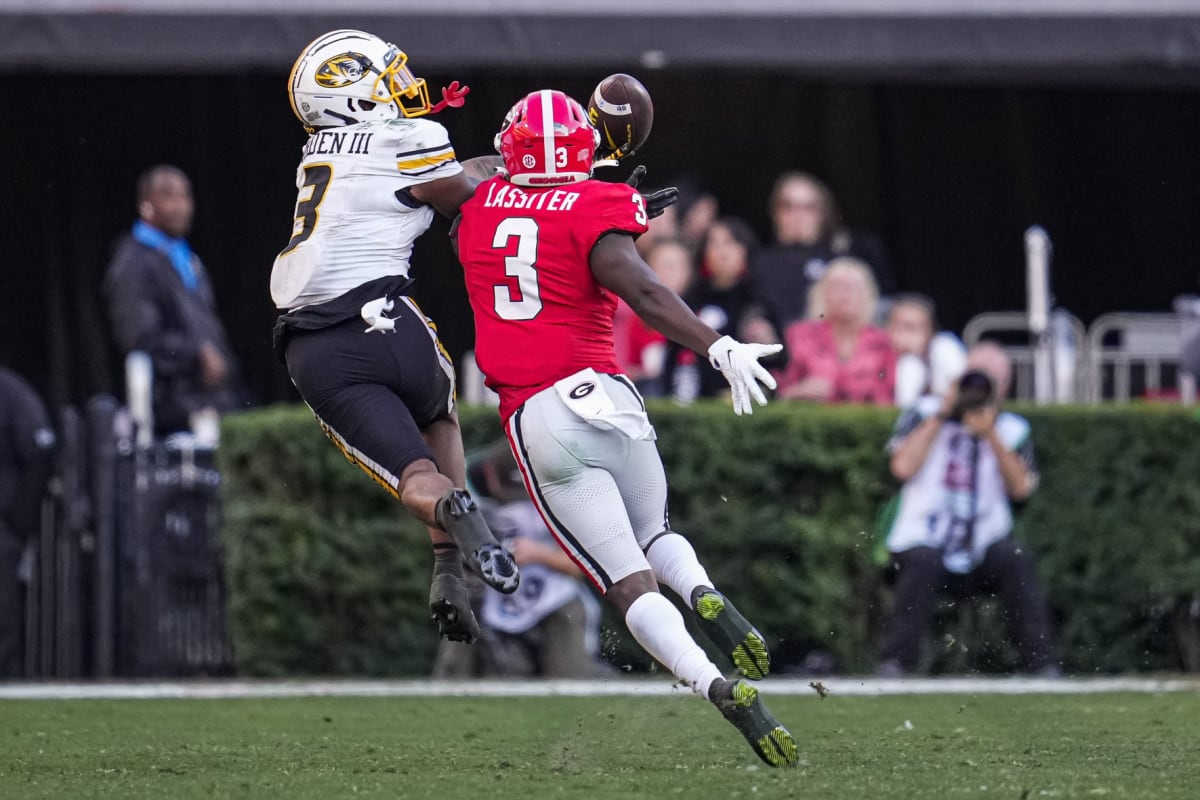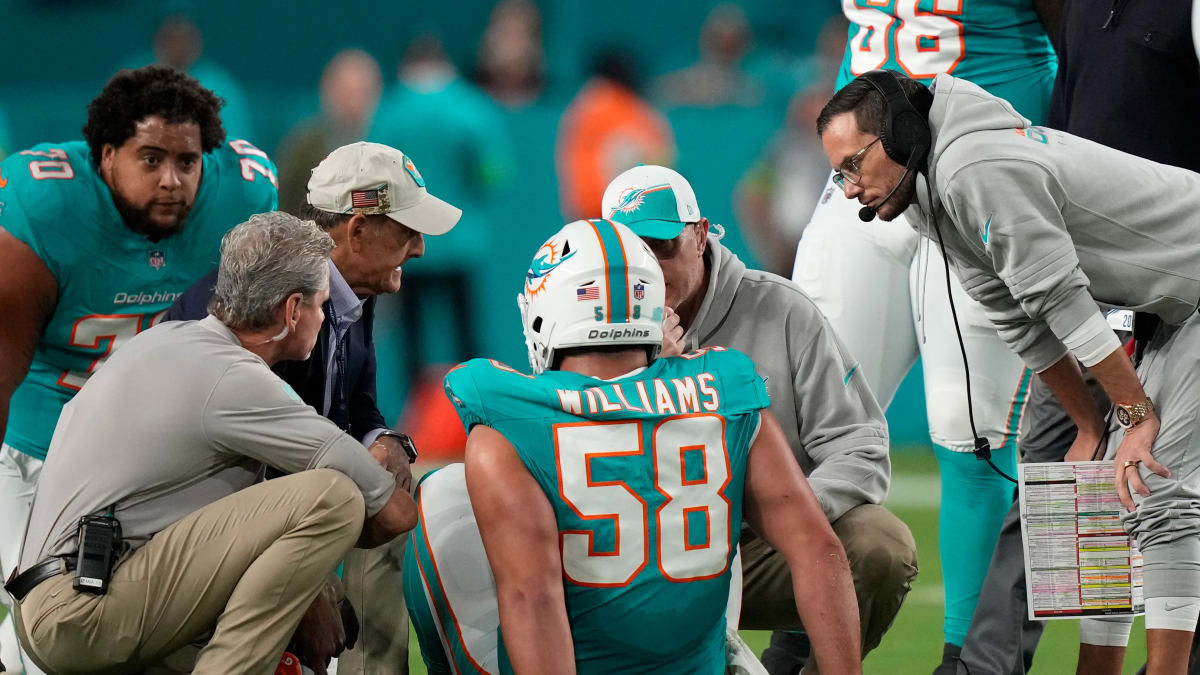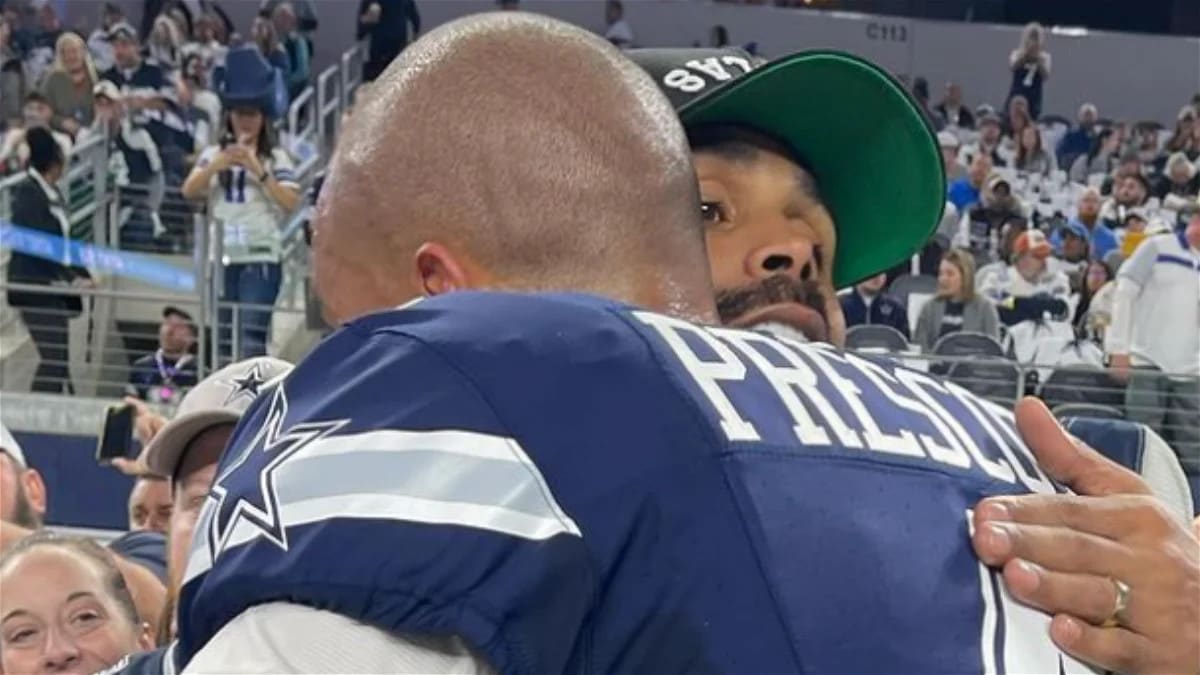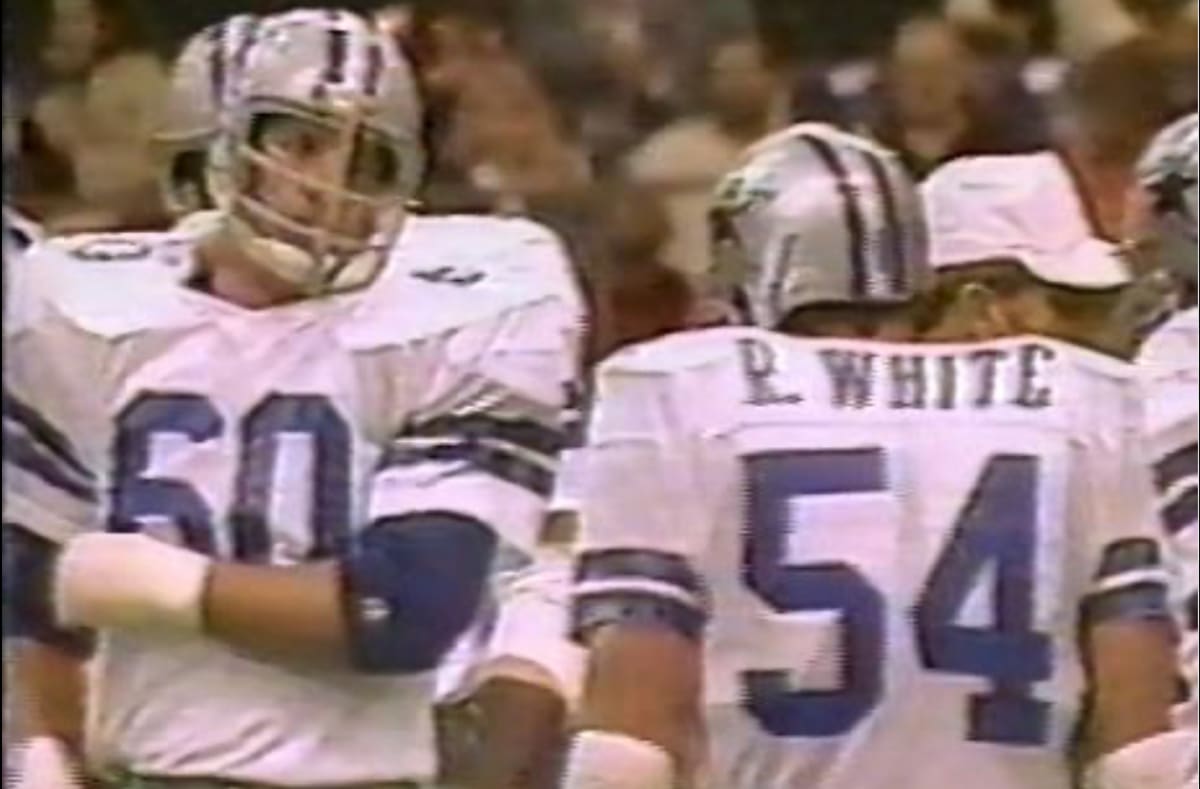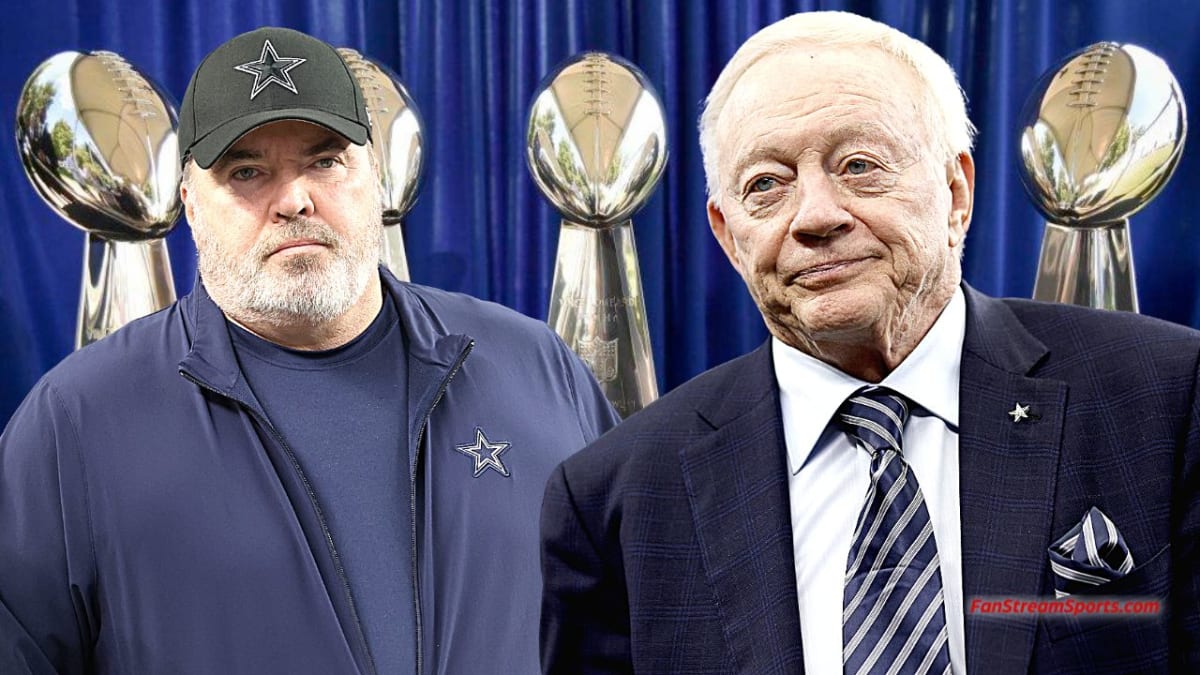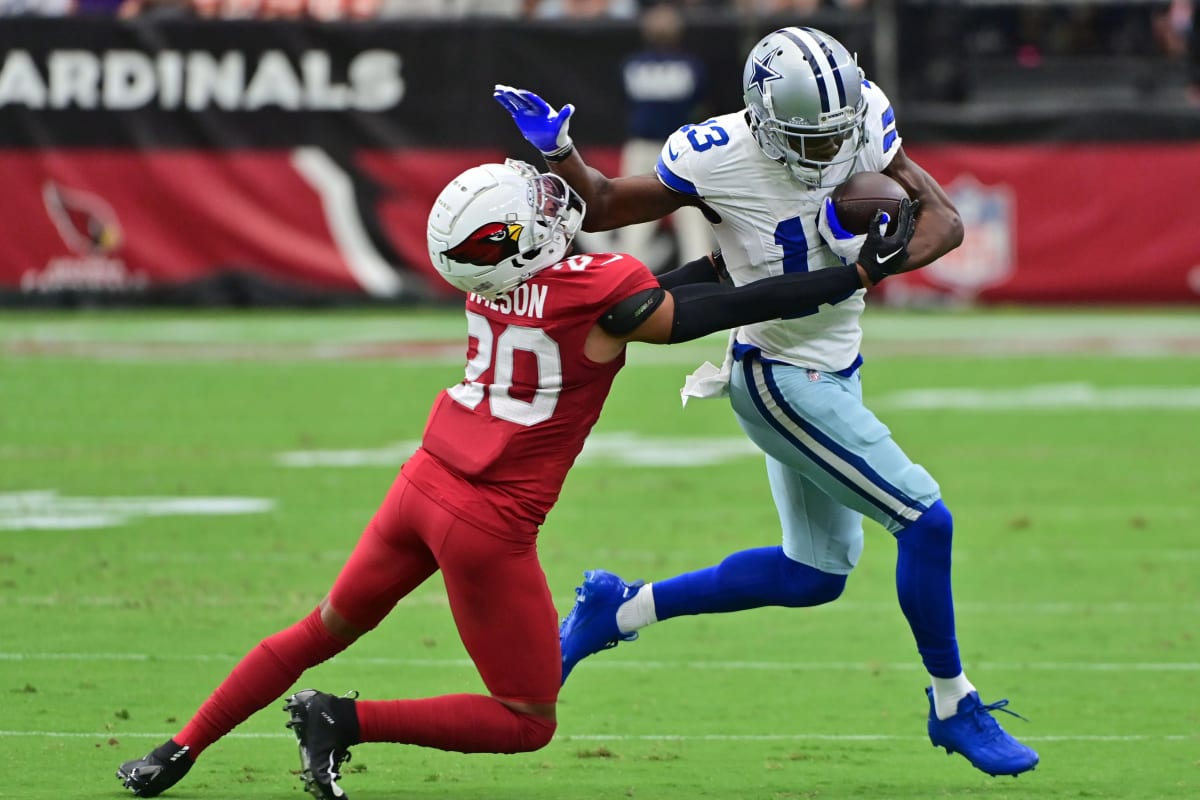AUSTIN (KXAN) – If you’re without a ticket to Austin FC’s season opener, you might be out of luck.
Or if you’re willing, you can try to snag one online — but will either pay a pretty penny or run the risk of being duped.
Single-game tickets went on sale at the end of May, and within minutes, they sold out. Shortly after, they started popping up on third-party online resell websites like eBay, Craigslist and Facebook Marketplace.
As of Friday morning, there are dozens of listings from sellers claiming to have tickets. They range from double, sometimes triple, the original price.

Last year, BBB received over 200 reports regarding fake tickets scams.
Austin FC ticketing officials told KXAN over the phone that in order to limit the sale of fake tickets, they went completely digital using ticket broker, SeatGeek. That means no tickets will be printed. Q2 Stadium has promoted a “tech-forward” experience announcing itself as a completely cashless stadium. Austin FC says the digital ticketing service helps keep it that way.
SeatGeek is both a primary and secondary ticket company. This allows them to both be the official ticket provider for Austin FC, while also serving as a reseller for fans wanting to put up their tickets back on the market.
Heather Massey with the Better Business Bureau Serving the Heart of Texas says its always a good idea to verify you’re buying tickets from the right website.
“A lot of sporting events or associations do partner with national ticket associations or legitimate third-party retailers. Just make sure you’re on the right website at the top, and that it does have the lockbox when entering any information such as financial to purchase the ticket,” Massey said.
BBB warns customers to be smart when searching for and purchasing tickets:
- Purchase from the venue whenever possible. Many official ticket sales agents now offer secondary sales options, as well.
- Consider your source. Know the difference between a professional ticket broker (a legitimate and accredited reseller), a ticket scalper (an unregulated and unlicensed ticket seller), and a scammer selling scam tickets.
- Check out the seller/broker. Look them up on BBB.org to learn what other customers have experienced. Check to see if they are a member of the National Association of Ticket Brokers.
- Buy only from trusted vendors. Buy online only from vendors you know and trust. Look for the lock symbol in the web address to indicate a secure purchasing system. Don’t click through from emails or online ads; a common ticket scam trick is to create a web address that is similar to a well-known company.
- Know the refund policy. You should only purchase tickets from a ticket reseller that provides clear details about the terms of the transaction. Sellers should disclose to the purchaser, prior to purchase, the location of the seats represented by the tickets, either orally or by reference to a seating chart; and, if the tickets are not available for immediate access to the purchaser, disclose when the tickets will ship or be available for pick up.
- Use payment methods that come with protection. Always use a credit card so you have some recourse if the tickets are not as promised. Debit cards, wire transfer or cash transactions are risky; if the tickets are fraudulent, you won’t be able to get your money back.
- Be wary of advertisements. When you search the web for online tickets, advertisements for cheap tickets will often appear. Use good judgment; some of these ads are going to be ticket scams, especially if the prices are low.
- If you’re unsure, verify your tickets. Pay a visit to the arena where the event will be held. Present your ticket to “Will Call” (customer service) and they can verify if your ticket is legitimate and show you how to tell if a ticket is fake.
Lastly, since tickets are digital, Austin FC says don’t expect to see anyone selling a physical ticket outside the stadium.






